
News



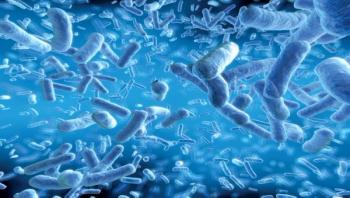
This digital issue explores disease caused by emerging infectious threats as well as hospital pathogens, and the interventions – such as hand hygiene, contact precautions and environmental cleaning – that can be used to control and prevent infection transmission.

Infection preventionists (IPs) continue to be consumed with keeping up with evolving infection prevention imperatives, according to an online survey conducted by ICT that asked respondents what they believed were the most important issues facing the entire infection prevention and hospital epidemiology community in 2016. Other top issues on their minds for the new year included addressing antibiotic/antimicrobial resistance, advancing quality improvement and patient safety, addressing emerging pathogens and infectious diseases, and evolving the evidence base to answer unresolved issues.






Hospitals today are increasingly being challenged by rising patient infection rates, especially from “superbugs” such as methicillin-resistant Staphylococcus aureus (MRSA). And the challenges are only going to increase as new Medicare rules go into effect in 2017 that will include MRSA in all reimbursement calculations – potentially costing hospitals hundreds of millions of dollars in lost Medicare reimbursements.

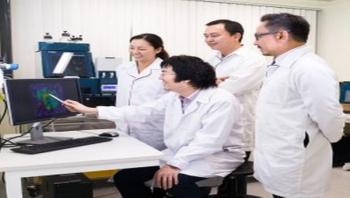
A team of researchers from the National University of Singapore (NUS) has uncovered the mystery behind the potent parasite-killing effect of artemisinin, a drug that is considered to be the last line of defense against malaria. Given the emergence of artemisinin resistance, these findings could potentially lead to the design of new treatments against drug-resistant parasites.

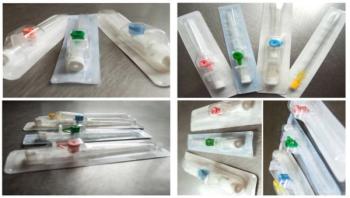






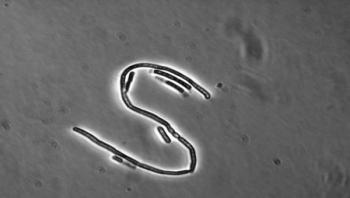
The bacterium B. cereus had so far been considered to be exclusively endospore-forming. In response to harsh conditions, the bacteria form protective endospores enabling them to remain dormant for extended periods. When conditions are more favorable, the endospores reactivate to become fully functioning bacteria.

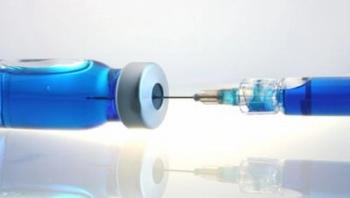

Jesuit High School of New Orleans is the first and only prep school in the United States to deploy a high-tech Germ-Zapping Robot™ to wage environmental war by destroying bacteria and potentially deadly pathogens typically found lurking inside gymnasiums, athletic locker rooms, weight training areas, shower and bathroom facilities, and even personal sports equipment.



